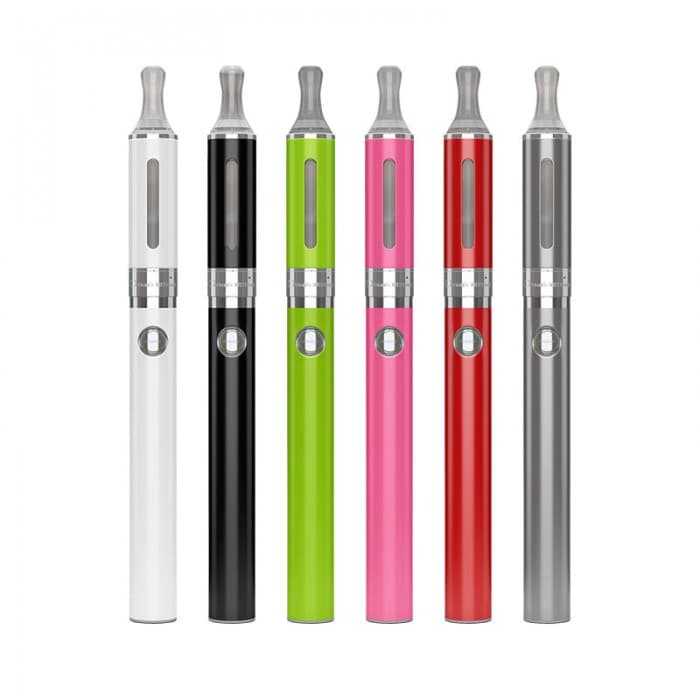In recent years, the vaping landscape in the UK has undergone significant changes, particularly concerning Nicotine vape restrictions UK. As vaping has surged in popularity, it has attracted the attention of regulators who aim to strike a balance between public health and individual choice. Understanding these restrictions is essential for both new and seasoned vapers, as it helps to navigate the evolving legal framework while enjoying their vaping experience.
The Rise of Vaping in the UK
Vaping has become a popular alternative to smoking traditional cigarettes, with many individuals opting for e-cigarettes due to their perceived lower health risks. The UK has positioned itself as a leader in vaping culture, promoting it as a less harmful option for smoking cessation. However, as the number of vapers has increased, so too has the need for regulations to ensure safety and standardization across the industry.
The government has implemented various laws and guidelines that govern how nicotine-based products can be sold, marketed, and consumed. This regulatory environment is vital not only for protecting consumers but also for ensuring that vaping remains a viable alternative to smoking. The introduction of these nicotine vape restrictions reflects a growing awareness of the need to manage public health concerns while allowing adults the freedom to make their own choices.
Key Nicotine Vape Restrictions in the UK
One of the most significant pieces of legislation affecting vaping in the UK is the Tobacco and Related Products Regulations (TRPR), which came into force in May 2016. This legislation outlines several key restrictions aimed at regulating the sale and distribution of nicotine vape products. For instance, the regulations limit the maximum strength of e-liquids to 20mg/ml of nicotine, ensuring that users do not consume excessive levels of the substance. This restriction is particularly important in promoting a safer vaping experience for consumers.
Additionally, the TRPR mandates that all vaping products must be registered and undergo rigorous testing to ensure they meet safety standards. This includes providing detailed information on the ingredients used in e-liquids, as well as ensuring that devices are manufactured to a high standard. Such regulations not only help to protect consumers from potentially harmful products but also contribute to the overall credibility of the vaping industry.
Moreover, advertising and marketing of vaping products are also tightly controlled under these regulations. Vaping companies must ensure that their advertising does not appeal to minors, and they must also adhere to strict guidelines regarding the claims they make about their products. As a result, vapers can feel more secure knowing that the products they choose have been subjected to stringent scrutiny.
Where Can You Vape?
Understanding where you can legally vape is just as important as knowing the regulations surrounding the products themselves. In the UK, the general rule is that vaping is permitted in private spaces and designated areas, but public places may have restrictions. For example, many local authorities have implemented their own bylaws that prohibit vaping in certain public areas, such as parks or near schools.
It is essential for vapers to stay informed about local regulations, as they can vary significantly from one region to another. Some establishments, including restaurants and pubs, may also have their own policies regarding vaping on their premises. Therefore, always look for signs or ask staff if you are unsure about the rules.
The Importance of Compliance
For vapers, compliance with nicotine vape restrictions is not merely about adhering to the law; it is about fostering a responsible vaping culture. By understanding and respecting these regulations, vapers can contribute to a positive perception of the vaping community as a whole. This is crucial, especially as public attitudes toward vaping continue to evolve.
When vapers comply with legal standards, it helps to demonstrate that vaping can be a responsible choice. This, in turn, encourages a healthier dialogue around the benefits of vaping as an alternative to smoking. As more individuals recognize vaping as a legitimate option for reducing harm, the community can grow, and more people can benefit from these alternatives.
Future Directions for Vaping Regulations
As the vaping industry continues to evolve, it is likely that nicotine vape restrictions will also adapt to changing consumer behaviors and scientific research. Regulatory bodies may introduce new measures to address emerging trends, such as the increasing popularity of disposable vapes or the rise of flavored e-liquids. Staying informed about potential changes is essential for vapers who want to remain compliant and enjoy their vaping experience responsibly.
Moreover, ongoing research into the health implications of vaping will likely inform future regulations. As new information emerges, policymakers will be tasked with revisiting existing laws to ensure they reflect the latest scientific understanding. For vapers, this means being proactive in their knowledge of both current regulations and potential future developments.
Conclusion
Navigating the landscape of nicotine vape restrictions in the UK can be complex, but understanding these regulations is crucial for a positive vaping experience. By familiarizing themselves with the existing laws, vapers can ensure they are compliant while enjoying their preferred products. As the industry continues to grow and evolve, staying informed will empower vapers to make educated choices and contribute to a responsible vaping culture.
For those looking to explore a wide range of high-quality vaping products while remaining informed about the latest regulations, iBreathe offers a comprehensive selection that caters to all needs. Whether you are a novice or an experienced vaper, iBreathe is committed to providing an enjoyable and compliant vaping experience.






Comments